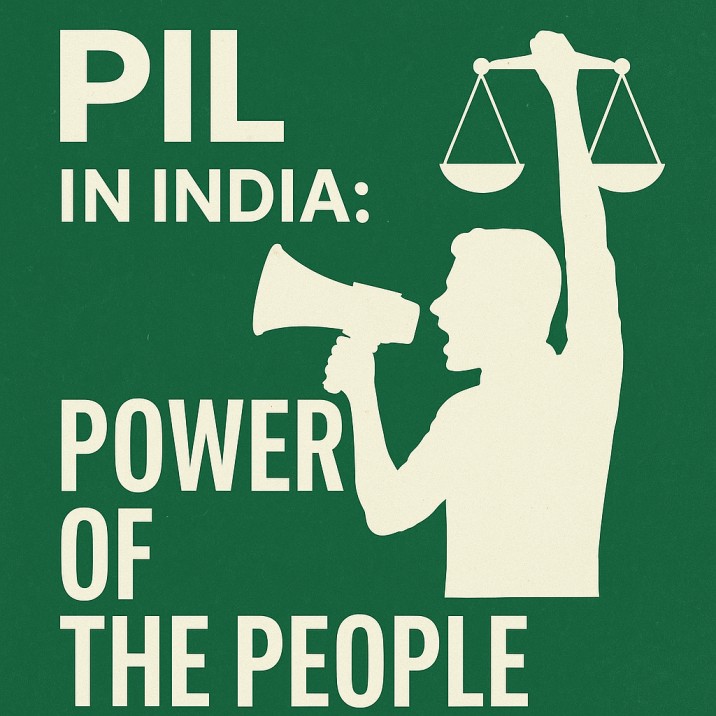In Indian democracy, Public Interest Litigation (PIL) has emerged as one of the most powerful tools for justice. Normally, courts only hear cases filed by affected individuals. But through PIL, anyone can approach the court on behalf of the public or weaker sections.
How PIL Started
In the 1980s, the Supreme Court expanded the scope of justice by encouraging PILs. It opened doors for the poor, marginalized, and voiceless to get access to justice.
Importance of PIL
Voice for the People: Allows others to fight for those whose rights are violated.
Accountability of Government: Courts can intervene in corruption, environment, human rights violations, and more.
Wider Impact: A single petition can deliver justice to millions.
Real-Life Use Cases
Controlling pollution in River Ganga
Protection of bonded laborers’ rights
Road safety measures
Electoral reforms
Challenges
PILs have also been misused for personal or political gain. This led to courts becoming cautious, insisting on stricter standards before admitting such petitions.
PIL is a vital democratic instrument. When used responsibly, it acts as a bridge between citizens and justice, ensuring that governance remains accountable to the people.

